OUT OF THE PIT
Onto The Stage
OUT OF THE PIT
Onto The Stage
“Nothing happens until something moves.” ~Albert Einstein
I moved out of the pit.
My life in theatrical ‘art’ was not initiated nor built on high minded ideals. I was a young man, accomplished yet unsettled. You know - hormones. Even more compelling than basic biology, I felt an inchoate desire for even more adventure.
In the musical “42nd Street” an older chorus girl takes a newbie gypsy (theater slang for chorus dancer) out to lunch for a portion of friendly orientation.
A key piece of her guidance: “be careful of the musicians, they keep them in a pit, and there’s a good reason for that.”
Pit Life
Big chunks of my musical education went down in the pit. That’s where I met Pauly Cohen, whom you’ll meet in a moment.
Later I played many Broadway shows, in the pit.
The crowd takes their seats. The orchestra members take places behind lit stands. The conductor enters and bows, applause, then a downbeat. Overture.
“Broadway” Pauly Cohen (together with Clark Terry - remember meeting “Mumbles?”) were my primary trumpet teachers. While others, not all trumpet players, musicians who played a range of instruments, influenced me formally (as teachers) and informally as models and occasional advisers, Pauly and CT bear major blame for the trumpet player I became.
Meet Pauly!
Pauly taught me plenty about how to play, most importantly, how to sight read with confidence and consistency.
He also introduced me to Clark Terry so I could see a perfect embouchure. CT and I grew close. He influenced my trumpet playing and showed me how to behave as a man. Pauly was a great teacher, though ’salty’ to say the least.
I did and still do feel gratitude and genuine affection for him, he was as you’ll soon see a genuine nut case. Somewhere in later adulthood he calmed down somewhat.
Once, when Pauly was touted for a job by his close friend Dizzy Gillespie, the contractor, who had not heard of Pauly, asked Dizzy, “Can he read music?” Dizzy: “Can he read music? Pauly Cohen can read music from around the corner!”
He taught me to, as we aptly put it back then, “read fly shit.” Maybe not around the corner, but head on I could play whatever they put on a music stand.
Pauly also, fiercely insisted that the essence of lead playing was to take charge. A lesson that has paid off in arenas that would only show up on my radar many years hence.
These skills gave me a way to make a living. Given my incessant desire to eat and lust for milkshakes, an essential skill set for sure.
My first lessons with Pauly took place in the pit of the Winter Garden Theater where he was doing “Mr. Wonderful,” with Sammy Davis, Jr.
A Timely Homage: Featured in the show, early in her long and illustrious life on Broadway was Chita Rivera at 24. She was fabulous. The following season she would come to prominence as Anita in “West Side Story.” Chita died last week at 91.
I would go on to work with both Sammy and Chita down the road a piece. Whudda thunk at twelve? Life!
Pauly and I would meet on Wednesdays between matinee and evening shows for my weekly ‘lesson’. His teaching style was (how shall I put this?) LOUD and intense! Thunder and lightning!
“What the fuck are you doing?” “You call that fucking noise you’re making trumpet playing?” What the fuck are we doing here?”
He bellowed in the cavernous Winter Garden, and the balconies shook. I couldn’t get enough of it. We remained close friends until he died in Florida (I warned him) at nearly 99. Covid finally quieted him down for the count.
Given my early start and swift acceptance into the ranks of working musicians in a thriving business, and as excited as I was to play trumpet in class A situations, notions of what seemed like greener pastures danced in my head.
I was young even if appearances belied my youth.
Jerry Jemmott, a childhood friend and iconic bassist, whom you may not know by name but I promise you’ve undoubtedly heard hundreds of times. He is ubiquitous on rhythm and blues, rock, jazz, and soul classics.
He describes me in his memoir, “Make It Happen: The Life And Times Of The Groovemaster.”
“Although he was only sixteen, he looked like he was thirty - and sounded like he was forty. He could really play and was that kid, the one of us who could go down to the happenin’ clubs and hangout with big-time musicians.”
One part of me was forty and another part was a kid. Not a typical kid, I was a mature musician, and I knew my way around clubs and studios, yet inside lived a kid.
On top of the aforementioned hormones, or perhaps in close connection to them, I wanted more attention. Looking back it’s hard to explain. After all, I was living large. Basking in attention.
While I was not anywhere near ‘crazed’ for more, as that was not then and has not since been in my nature. I was engulfed in a persistent vision of the lights that were brighter on stage than in the pit.
At the same time there was a trumpet playing kid, a few years older, from Philadelphia. He moved from trumpet player to teen idol. I noticed that. His name was Frankie Avalon.
Frankie Avalon had scored with hit records and then became a star in movies. My sixteen year old head wondered: How would I like the look and feel of stardom?
I’d had a crush on his frequent co-star, Annette Funicello since forever. I was not alone. Annette had millions of boys panting when she blew our pubescent minds.
Annette was on television, by far the most fetching Mouseketeer in the Micky Mouse Club.
She became a bonafide heartthrob, without mouse ears, in a series of Beach movies. Frankie Avalon, who no longer had to do the heavy lifting trumpet playing demanded, was her love interest. So far as I could tell he had it made. While I wasn’t exactly jealous, I was full on intrigued by the stardom gambit.
I took a long look in a foggy mirror.
I said to myself, “Hey YOU! Self. You can do that. Wanna get out of the pit and into the light. Learn to act.”
I called my doting friend, now an actor, Anne Italiano, from the Bronx? She was on the verge of marrying Mel, my joke-boy running mate from cave days. I asked for and she gave me encouragement and advice.
Anne Bancroft was by this time an Oscar, BAFTA, and Golden Globe winner, a BIG star, and she was just getting started in the Awards Department.
She was soon to embark on what would turn out to be a forty-one year marriage to Melvin Brooks. I don’t know how she did it for so long. Love, the ultimate prank. Mel, a consumate prankster.
Anne pointed me to The American Academy of Dramatic Arts, she was an alum. I auditioned. Got in.
One semester of juggling trumpet playing and Joy, a stunning high society girl I met there, proved too much juggling for me to handle.
Required classes in mime and fencing didn’t help. They made me uncomfortable. I didn’t feature myself in tights. Jarring.
An actors life would have to wait. More trumpet playing first.
Acting classes at the Academy did set me straight. I got it. With greater knowledge and guided stage experience I came to appreciate theater anew. I left with a wider gaze and a stick in my ‘movie star’ motivated eye. Movies shmovies.
I read plays, went to see shows with regularity on and off broadway. It was a slow and fulsome period of transition which eventually landed me in the middle of a fresh Off-Off Broadway movement (thanks again, Einstein).
There and then (which was then here and now) I did one new project after another, a non-stop romp in ‘experimental’ and ‘avant- garde’ theater of every stripe. Original, demanding, unconventional theater.
I participated up close and personal in the developmental acting, writing, and directing phases of more than a dozen diverse new plays (and performance pieces) over a couple of years sharing the enthusiastic company of gifted collaborators.
Total immersion. Steeped.
The downtown ground was fertile. The village, east and west, was densely dotted with small theaters of up to a hundred seats. The air crackled with creative energy.
La Mama. Theater Genesis. The Living Theater. Theater For A New City. The Open Theater. Cafe Cino. Wellsprings. Spouts of torrential innovation and creativity. Now historic.
Theatre Genesis in St. Marks Church
Knowing how to learn with humility, to breathe and bath in new moments without fear of drowning, to absorb atmospheres, to iterate, to start over and over as if for the first time, while feeling imbedded in the primacy of music and the joy of practice that I’d known since early childhood, all charged and drove the process for me. I ripened as an actor, and even more so as a writer and director.
Simultaneously, profound curiosity led me to expand my exposure to wisdom practices and altered states. Enthusiasm for the exploration of consciousness grew as waves of creative energy crashed on the shores of my fast changing life. How I worked and lived was forever transmuted. I was hell bent on a life in theater, and a strong sense of potent theater in life.
And that circles us back and around to where we left off last time.
In short order I wangled my way into the able clutches of Wynn Handman. His classes were filled with working actors. Wynn was not only a perceptive teacher, eager to help develop actors as artists, but also keenly capable of gauging how each of us in his class might fit in the working world of theater, television, and film.
Wynn knew by dint of experience with many actors, directors, and writers that in order for us to grow and prosper we had to work. Make a living. The sharp edge where creative desire meets the need to survive, perchance to thrive, hones craft, and ignites spirit that leads to unique artistic expression unless, of course, it kills you.
Some of the most accomplished stage work I’ve ever witnessed played as scenes unfolding over weeks in Wynn’s studio, a small and sacred space.
He directed and taught with acuity and care. Not that he was even a little bit mushy, on the contrary he was concentrated and direct. His intensity (unlike Pauly’s) was quietly fierce.
When scenes finished, seated at his school desk, watch hung on the wall, he’d bury his head in his hands for a time, maybe for a scant moment, or for many moments, in any case, short or long, the wait felt like an eternity. His head lifted sooner or later.
Wynn gave notes, never criticisms, rather he spoke plainly, giving useful (as in usable) pieces of direction for ongoing rehearsal. Notes related to craft and principles, each always insightful note addressed the needs of either the actors and the scene. Often both. We learned how to use our imaginations and to create and tell story, to engage our bodies and minds as instruments, to serve the highest and best in us and the material, we learned how we and scenes worked.
He ushered me and many of my fellow students into productive lives making theater on stages and screens. We were modern actors, writers, and directors, steeped in rich legacy, jumping off with courage and commitment into what had evolved from Italians in Russia, Russians in Moscow and New York, and from the Yiddish and Group Theaters.
We embarked on a journey with unknown stops and undetermined destinations. Wynn generously gave us as much preparation as possible for a work life that is replete with great challenge that sometimes rewards greatly in proportion to courage, perseverance, and luck. I’m forever grateful.
As is likely clear, my life unfolds as story. A series of related scenes each providing exposition, setting up though not necessarily causing, the scenes that follow, all is discovered as the living is lived.
On Wednesday, when we next we meet, ‘Acting Class’ begins. We’ll alternate newsletters between essay-like and memoir dispatches intended to ground what we do together in understanding and give us an informed impetus to act in an intelligent context so we see clearly the value of creative process as acting, writing and directing integrates our lived lives.
ACTING HUMAN when simply explained takes what Stanislavsky developed as a system inspired by life as lived for actors to use in rehearsal and on stage for truth and vitality, that is to live alive in the theater, to bring to true life in the here and now, performances of written plays.
We turn it around to study stagecraft as a means to live daily life truthfully, to live life alive moment to moment in a time when theater holds greater promise than ‘ordinary’ life in our time to intentionally ignite living spirit. Contemporary events and developing technology portend threats to diminish, even extinguish human life. The tables have turned. We need a skillful practice of creativity that inspires, infuses with spirit, intentional lives lived alive.
ACTING HUMAN presents a way to see and practice skillful means of engagement, instead of burying our precious moments in default conditioning, leaving us to flop around in mindless lives that leave us wanting for spirit and life force. We’re left bereft of the capacity to express ourselves as whole humans.
We’ve been acculturated, by mostly well meaning families, and schools (not entirely well meaning), and media (not at all well meaning) to accept as given reality a pile of preconceived thoughts that lead us to conditioned lives. We are in subtle and not so subtle ways told what to think, and we believe our thoughts.
When life jams us we think we are sick and that psychotherapy is the answer. There are doubtlessly situations where honest therapy can have enormous value. Reflexive resort to medical models, has grown pervasive. Yet all too often protracted therapy proves ineffective and dispiriting. What we identify as illness goes on unabated. Indeed, we often fall deeper into identiification with pathological thinking.
ACTING HUMAN offers an alternative, it is not therapy, though where appropriate it can serve as a useful compliment to therapeutic interventions.
Often we simply don’t know how to live our lives. We’re lost in a blizzard of lies.
We’re not sick, we lack practiced life skills.
We don’t notice that we live story unconsciously. We ourselves have, in a largely uncaring culture, bamboozled ourselves into self inflicted sufferings. There are naturally occuring discomforts and discontents and searing pains in life which we too often mistake for sickness.
ACTING HUMAN gives us skillful means of seeing our storying as we story. We see our lives come to life in the process of daily living.
ACTING HUMAN urges us to practice intentionally, to actively participate in the creation of a life lived alive.
The American poet Muriel Rukeyser famously wrote that “the universe is made of stories, not of atoms.
David Loy, a Buddhist practitioner and scholar expands on Muriel Rukeyser’s revelation.
“Unaware that our stories are stories, we usually experience them as the world. Like fish that do not see the water they swim in, we normally do not notice the medium we dwell within.”
BREAKING NEWS: This just in from Marshall McLuhan, “the medium is the message.”
Take careful notice of our created media. Our ways of seeing. We make and reflect ourselves in fun house mirrors of our own devise and see them not as distorted mirrors but as ‘real’ life.
More Loy:
”We take for granted that the world we experience is just the way things are. But our concepts and ideas about the world, like the stories they are part of, strongly affect our perception of reality. In Buddhist practice, one learns, early on and then continually, the truth of my favorite bumper sticker: “Don’t believe everything you think.”
This recognition may lead us to examine our takes on the world, to see reflexive beliefs made of thoughts unexposed for what they are, and in so doing impel vital connection to the unfolding true stories behind them. To experience our lives directly, absent static and unexamined identity with beliefs that prop us up by any means necessary, as we chase empty outcomes.
Loy continues: “The point here is not to deny that there is a world apart from our stories; rather, it is to say that the way we understand the world is by “storying” it. Unlike the proverbial fish, however, we can change the water we swim within. Our relationship with stories can be transformed.”
www.davidloy.org
As we embrace creative living, and transform our relationship to story, we will embody what Joseph Campbell discovered we really want, “a sense of aliveness.”
Our lives are not preconceived nor scripted. We write and act our lives spontaneously as we live them, they unfold as surprises, experienced individually and collectively, inside a living Universe.
Our lives are a continuous creative process impossible to grasp. We either live life alive or die in an effort to hold tight out of fear. We must learn to live not fearlessly, that’s foolish, but with far less fear. We can learn, with practice, to love mystery and master creative living.
We can and must participate as co-creators.
ACTING HUMAN encourages and inspires us to engage playfully, and skillfully in flow states. We stem our stage fright. We discover ease and joy, as we act, all of us all the time.
We practice to bring full consciousness to our lives, to enliven our dynamic (always changing) and interdependent stories by remembering, first and foremost, to relax and pay attention.
We can and must create whole humans.
Whole humans create humanity.
That’s what we are here to do.
See ‘ya on Wednesday, until then..
Lights Up!



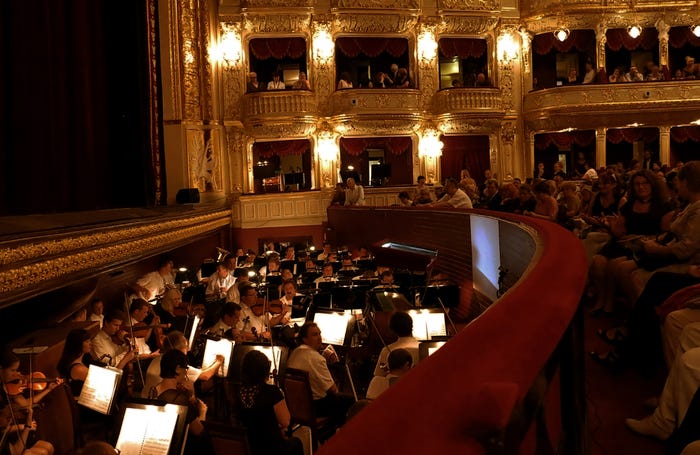
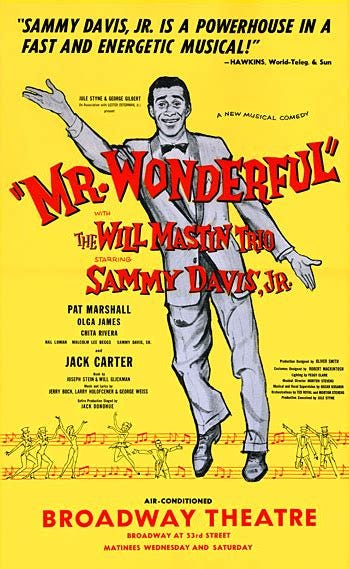
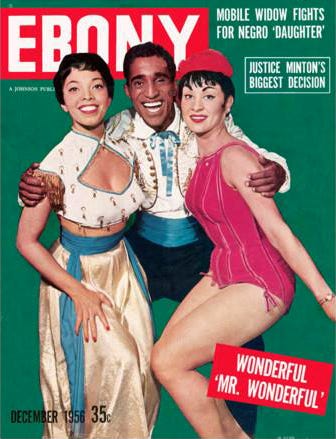
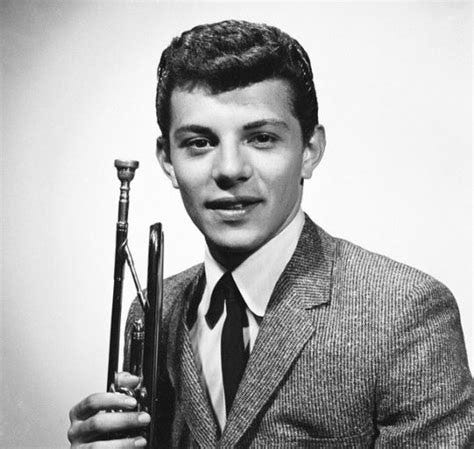
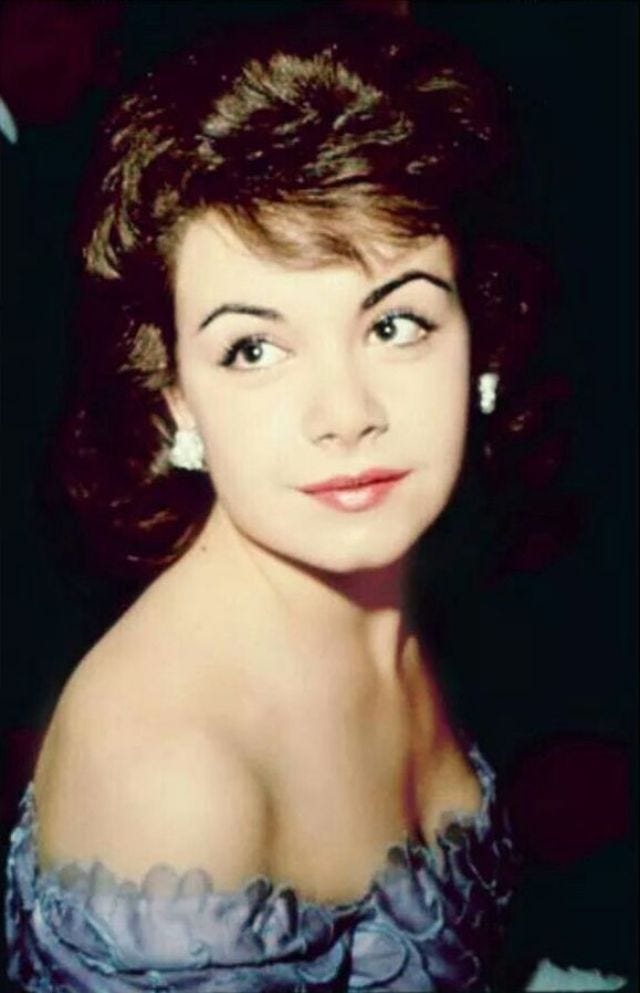
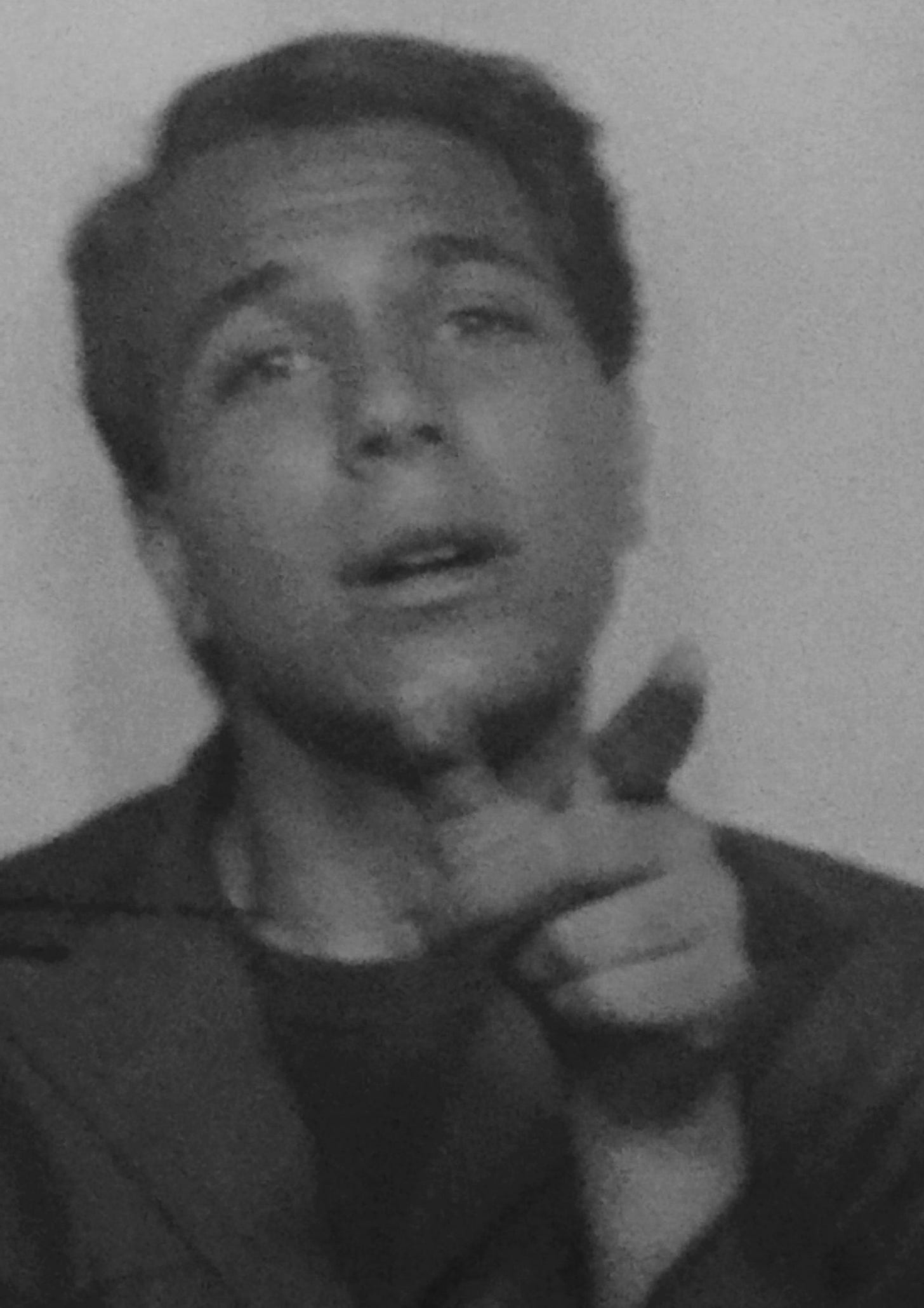
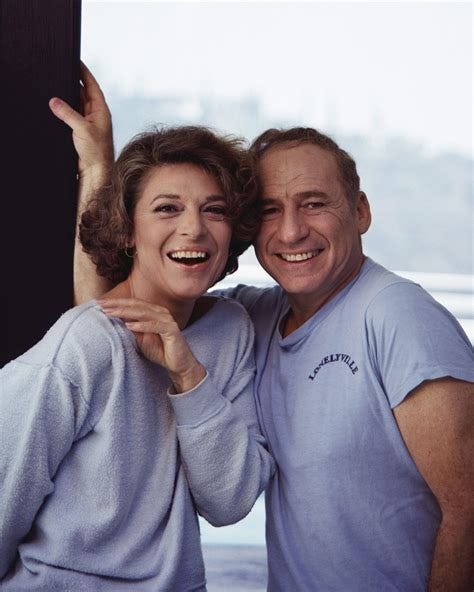
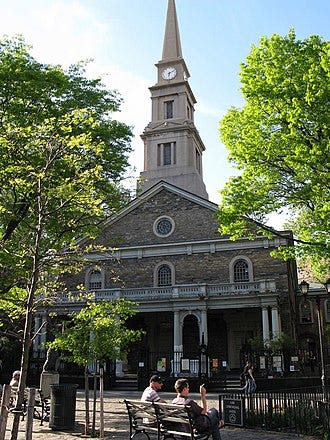
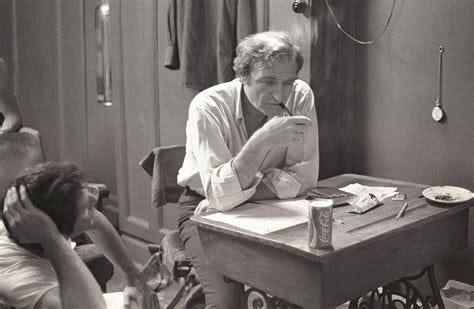
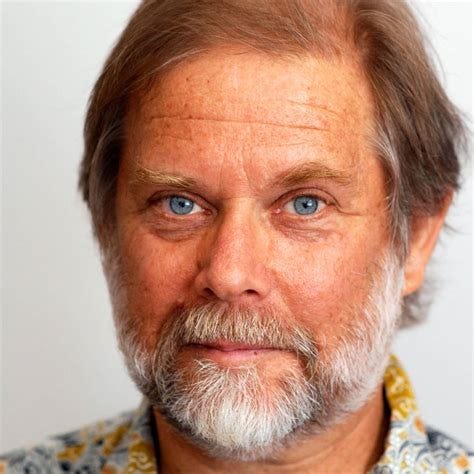
Another bumper sticker for you (my favorite), which again sums up our hyperactive directionlessness: "Not sure where we're going but making record time."
Eagerly awaiting the next installment.